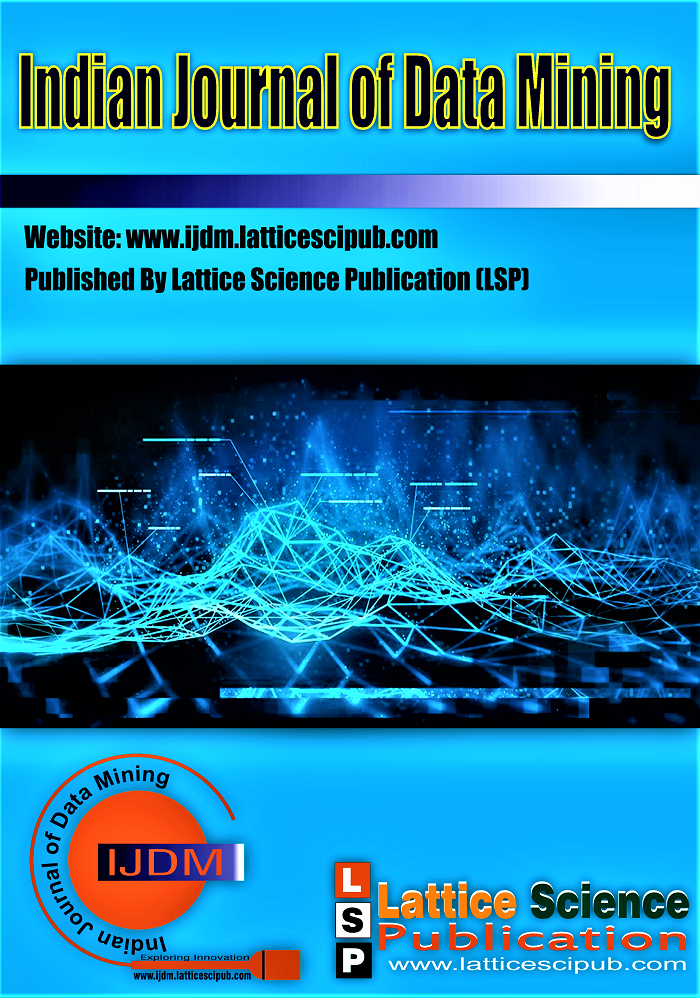Employee Attrition Prediction
Main Article Content
Abstract
Employee attrition occurs when a worker leaves a company to join another firm for a better offer. It might also be referred to as Employee Defection. Representative downsizing is likely to be significant when there is a pressing demand for workers in a particular industry due to mass retirements or organizational growth. At one point, the programming industry had significant attrition rates due to abundant job opportunities in the software sector driven by the demand for software products across all industries. Reducing the employee attrition rate is a challenging challenge faced by HR managers. This study provides a clear viewpoint on predicting employee turnover using Machine Learning methods. The projection is completed using data obtained from IBM HR analysis. We employed Logistic Regression for the analysis and achieved an accuracy rate of 87%.
Downloads
Article Details

This work is licensed under a Creative Commons Attribution-NonCommercial-NoDerivatives 4.0 International License.
How to Cite
References
Cotton, J .L. and Tuttle, J .M., 1986. “Employee turnover: A meta-analysis and review with implications for research” Academy of management review, pp.55-70.
B. Latha Lavanya, 2017. “A Study on Employee Attrition: Inevitable yet Manageable”. [Online]. Available: https://pdfs.semanticscholar.ord/d7f1 /44238ce5e695e055af78fc0987023d3c2d0e.pdf
Y. Rahul, V. Rakshit, K. Deepti, and Abhilash, “Employee Attrition Predition”. [Online]. Available: https://www.researchgate.net/publication/32605953 6_Employee_Attrition_Prediction https://patents.google.com/patent/US20090307025
IBM HR Analytics attrition dataset, [Online]. Available: https://www.kaggle.com/pavansubhasht/ibm-hr-analytics-attrition-dataset
Sarah S. Alduayj, Kashif Rajpoot. “Predicting Employee Attrition using Machine Learning”, Available: https://ieeexplore.ieee.org/document/8605976
Hamza Bendemra. “Building an Employee Chrun Model in Python to Develop a Strategic Retention Plan. [Online]. Available: https://towardsdatascience.com/building-an-employee-chrun-model-in-python-to -develop-a-strategic-retention-plan-57d5d882c2d
Tamilarasi, Dr. A., Karthick, T. J., R. Dharani, & S. Jeevitha. (2023). Eye Disease Prediction Among Corporate Employees using Machine Learning Techniques. In International Journal of Emerging Science and Engineering (Vol. 11, Issue 10, pp. 1–5). https://doi.org/10.35940/ijese.c7895.09111023
Celine*, S., Dominic, M. M., & Devi, M. S. (2020). Logistic Regression for Employability Prediction. In International Journal of Innovative Technology and Exploring Engineering (Vol. 9, Issue 3, pp. 2471–2478). Blue Eyes Intelligence Engineering and Sciences Engineering and Sciences Publication - BEIESP. https://doi.org/10.35940/ijitee.c8170.019320
Rajeev, C., & Damodar, A. (2019). Bigdata and Deep Learning: Using Python Keras Predict Patient Diabetes and Employee’s Wages per Hour. In International Journal of Engineering and Advanced Technology (Vol. 9, Issue 1s6, pp. 175–178). https://doi.org/10.35940/ijeat.a1035.1291s619
Employee Churn Rate Prediction and Performance Using Machine Learning. (2019). In International Journal of Recent Technology and Engineering (Vol. 8, Issue 2S11, pp. 824–826). https://doi.org/10.35940/ijrte.b1134.0982s1119
Sharma, D., & Sharma, Dr. P. (2023). Comparison of the Proposed Rainfall Prediction Model Designed using Data Mining Techniques with the Existing Rainfall Prediction Methods. In Indian Journal of Data Mining (Vol. 3, Issue 2, pp. 7–10). Lattice Science Publication (LSP). https://doi.org/10.54105/ijdm.b1627.113223





